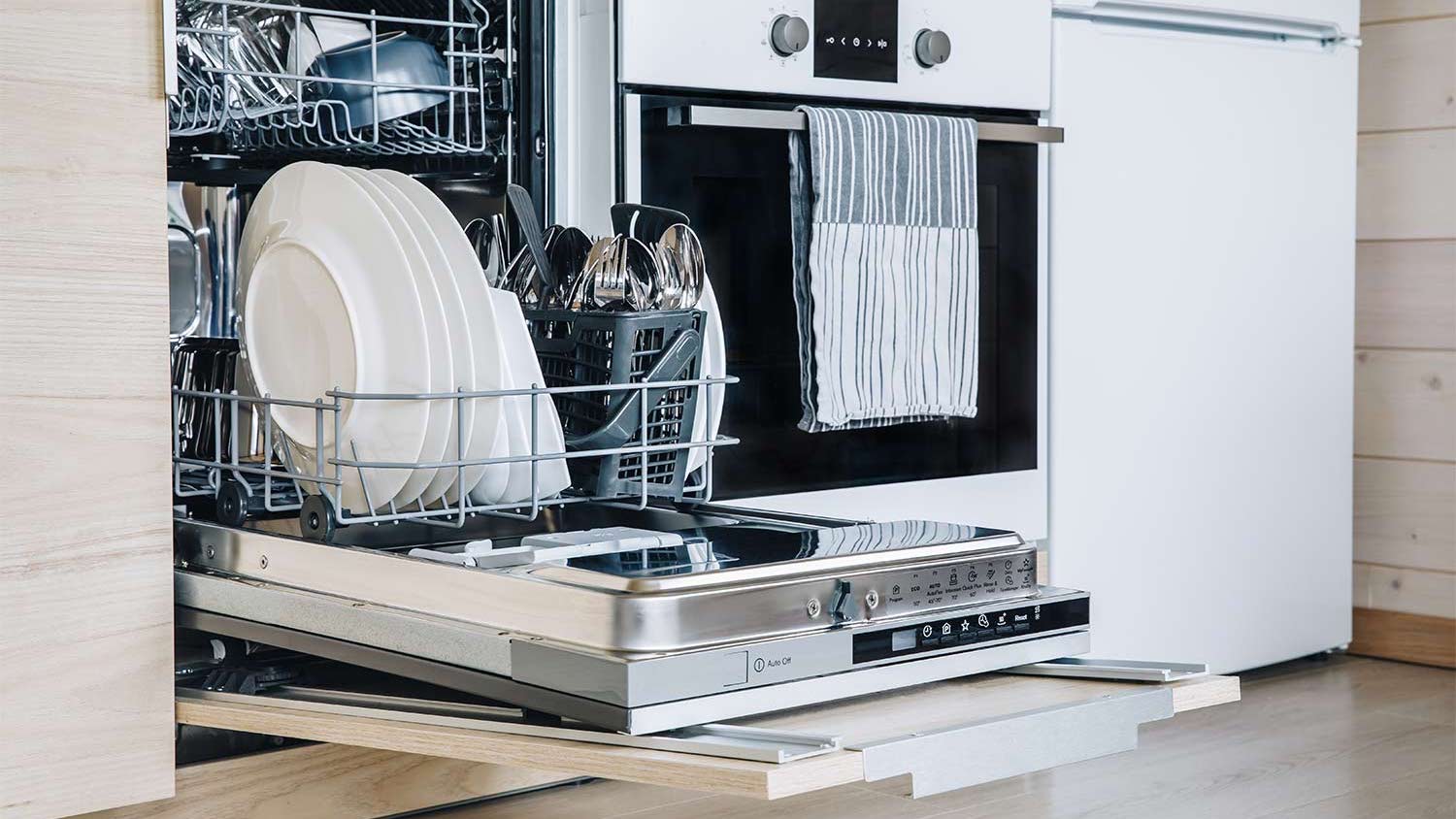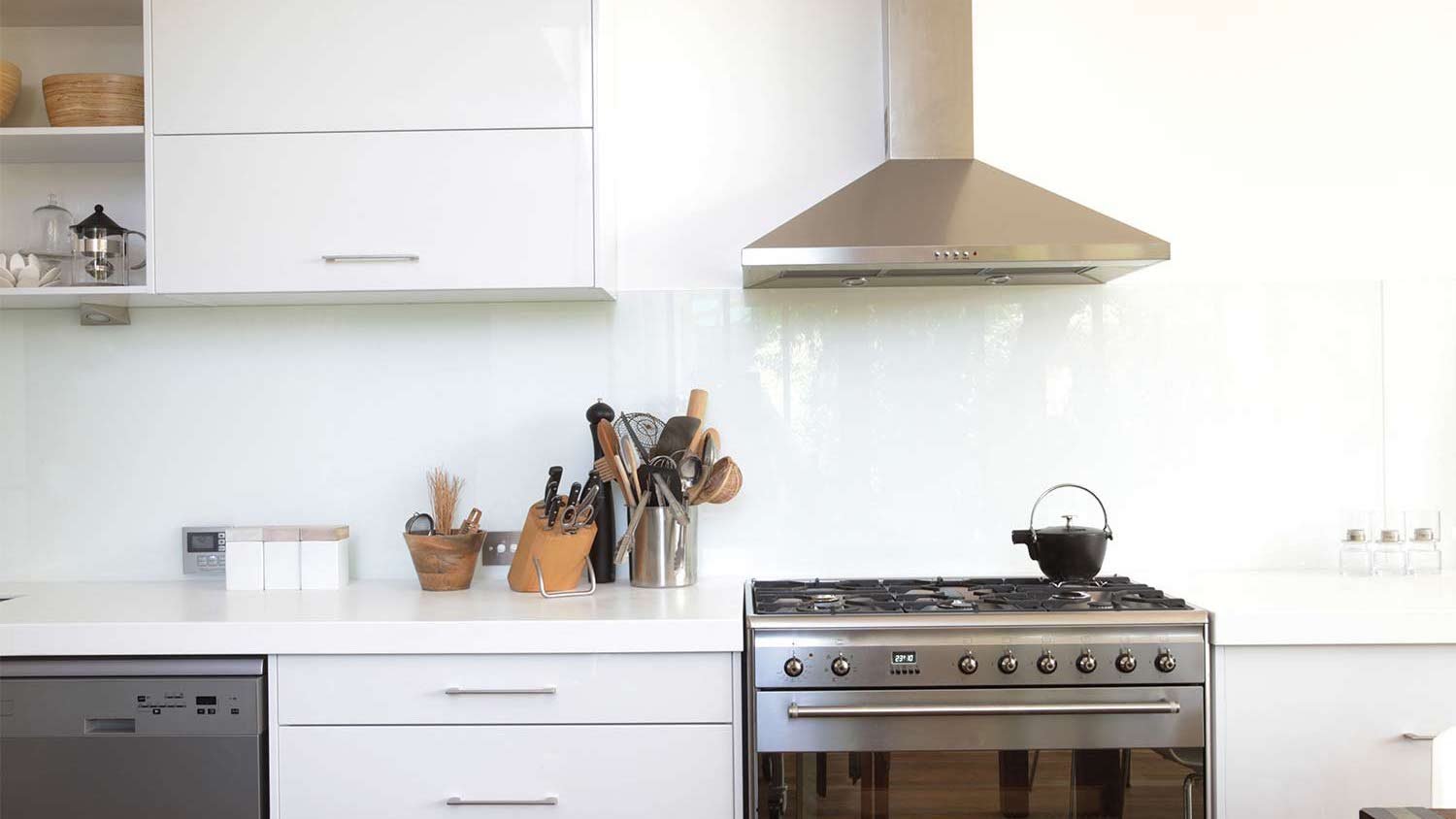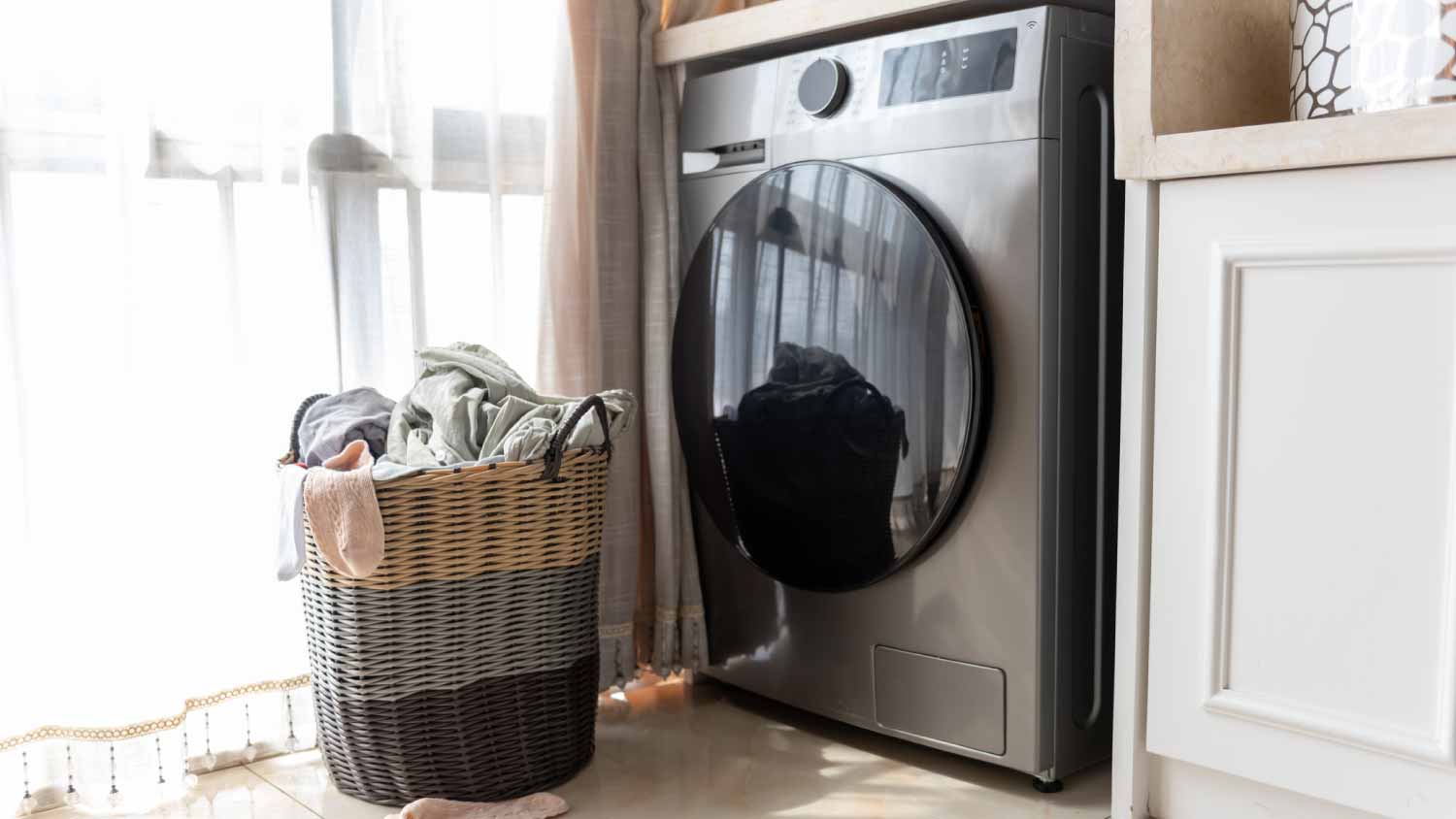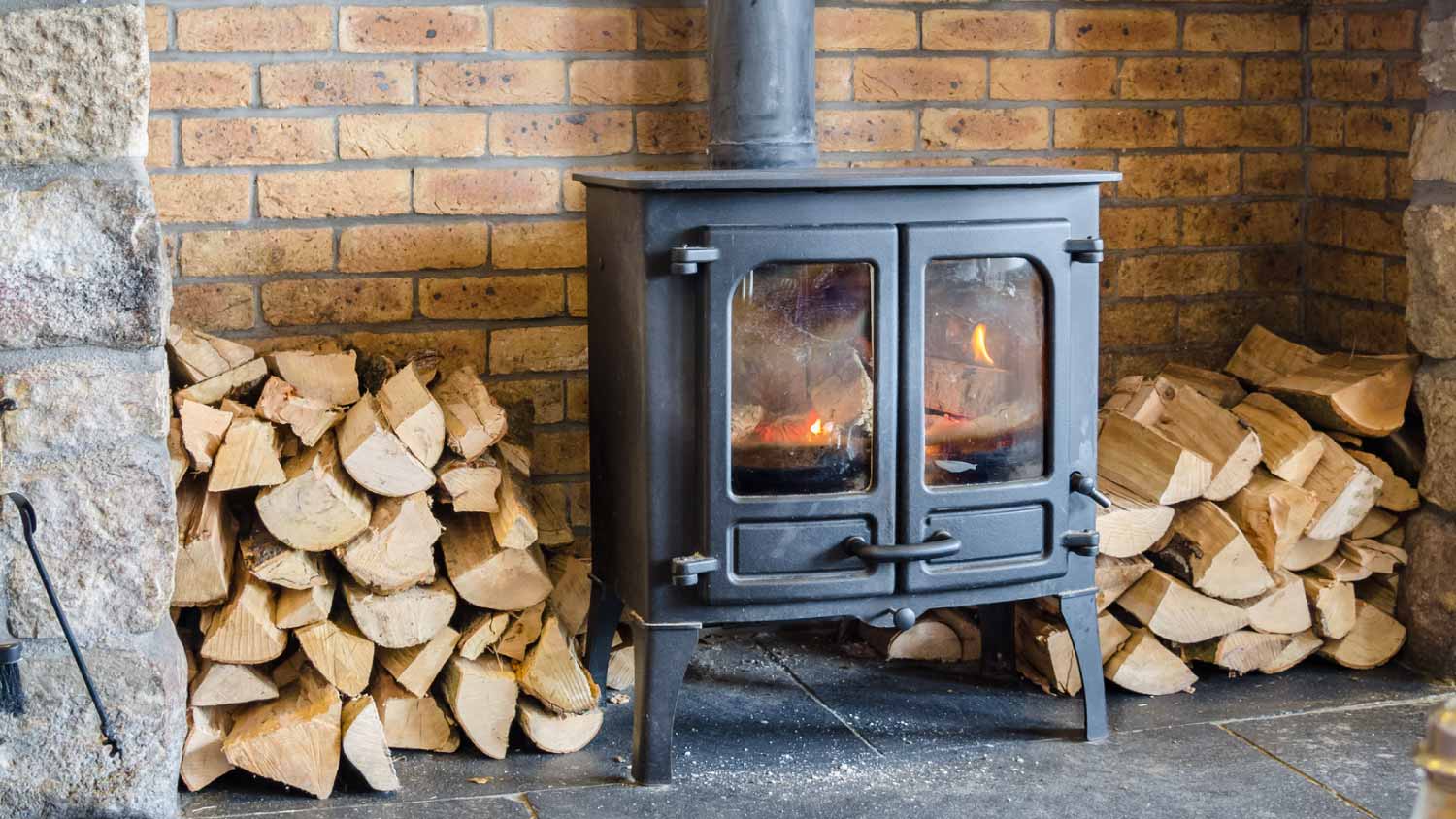15 Ways to Make Kitchen Appliances Last Longer
A little bit of maintenance can go a long way towards extending the life of your kitchen appliances


With minor TLC, you can make your workhouse appliances last longer. Read on to learn 15 ways you can help your fridge, dishwasher, oven, stove, range, and microwave perform well for years.
Fridge
1. Give It Some Space
To release heat, most fridges need several inches of space around their tops and sides. If you place your appliance in a tight area, its compressor might overheat and fail.
2. Clean the Condenser Coils
Fridge coils tend to become caked with dust, especially if you have pets. Dirty coils force condensers to work harder to release heat. To keep your fridge in good working condition, clean condenser coils at least once a year. After unplugging the fridge, find the coils (located in the back or across the bottom). Then, use a coil brush or vacuum.
3. Clean the Door Gasket
Wipe down the door gasket often with warm water and a sponge. In addition to cutting down on air leaks, this step can prevent gasket tears.
Dishwasher

4. Scrape Plates Before Loading
Large particles of food can clog the drain hose, tear the filter, or damage the pump. Regularly check spinners for buildup. If you see debris in any holes, use a toothpick or skewer to remove it.
5. Use the Right Amount of Detergent
Too much soap can accumulate in dishwashers and strain the pump/motor assembly and spray arm. Check your appliance’s manual for how much detergent to use.
6. Clean out the Filter
Each month, clean out the filter by rinsing and discarding any debris. If your filter has any holes, replace it. If small, hard bits make their way into the pipe, they can damage the mechanisms.
7. Clean the Door
Regularly clean the seal between the dishwasher door and tub using a rag and white vinegar. By doing so, you’ll discourage mold growth and allow the door to seal properly.
Stove, Oven, and Range Hood

8. Avoid Using Foil to Line Your Oven
Lining an oven with foil can interfere with the flame. Plus, the heat reflected off the foil could burn out the heating elements.
9. Don’t Use Too Much Liquid When Cleaning
Avoid squirting cleaning fluid directly onto knobs or controls. Since these are electric components or lead to electrical elements, the liquid could cause them to short circuit. Instead, spray cleaner onto a rag or paper towel and then wipe down parts. Also, be sure to clean out the inside of your oven and wash vent hood filters in the top rack of the dishwasher or by hand.
10. Don’t Self-Clean Your Oven
This feature uses intense heat that can prematurely wear out your oven. Simply remove the racks and wash them by hand or in the dishwasher.
Microwave
11. Clean up Spills Immediately
If you leave bits of food behind, they can absorb some of the microwave’s energy when it’s turned on again. This can result in a hot spot, which can damage the interior.
12. Clean the Grease Filter
Look for the filter on the underside of your microwave. By cleaning it often, you’ll help your appliance run more efficiently, avoid microwave repair, and cut down on the risk of a fire. Slide out the filter and soak it in hot water and detergent.
13. Don’t Slam the Door
Since the parts allowing the door to close are plastic, slamming the door could break them. If your microwave door doesn’t close properly, your appliance won’t operate.
14. Avoid Metal
Metals can cause sparks to fly. If metals touch the inside of the microwave, any arcing can burn a hole in the cavity wall.
15. Program the Right Cooking Times
If you tell your microwave to cook for too long—say, 50 minutes instead of five—your machine can fry itself. Be careful to enter correct, reasonable cooking times.



.jpg?impolicy=leadImage)

- Appliance Repair Companies
- Washing Machine Repair
- Dryer Repair
- Refrigerator Repair
- Dishwasher Repair
- Oven Repair
- Wood & Pellet Stove Repair
- Freezer Repair Services
- Wood Stove Services
- Gas Stove Repair
- Emergency Appliance Repair Companies
- Ice Maker Repair
- Gas Appliance Repair
- GE Appliance Repair
- GE Refrigerator Repair
- GE Dryer Repair
- GE Dishwasher Repair
- GE Washing Machine Repair
- Samsung Appliance Repair
- Samsung Refrigerator Repair
- Samsung Dryer Repair
- Samsung Washer Repair
- Samsung Dishwasher Repair
- Samsung Oven Repair
- Whirlpool Repair
- Whirlpool Refrigerator Repair
- Whirlpool Washer Repair
- Whirlpool Dryer Repair
- Whirlpool Oven Repair
- Maytag Appliance Repair
- Maytag Refrigerator Repair
- Maytag Washer Repair
- Maytag Dryer Repair
- Maytag Dishwasher Repair
- Kitchenaid Appliance Repair
- Kitchenaid Oven Repair
- Kitchenaid Refrigerator Repair
- Kenmore Appliance Repair
- Kenmore Dishwasher Repair
- Kenmore Washer Repair
- Kenmore Dryer Repair
- LG Refrigerator Repair
- Bosch Appliance Repair
- Kenmore Refrigerator Repair
- LG Appliance Repair Services
- GE Microwave Repair
- Electrolux Appliance Repair
- Electrolux Washer Repair
- Kitchenaid Dishwasher Repair Services
- Wood Stove Inspection
- Dishwasher Installation
- Trash Compactor Repair














